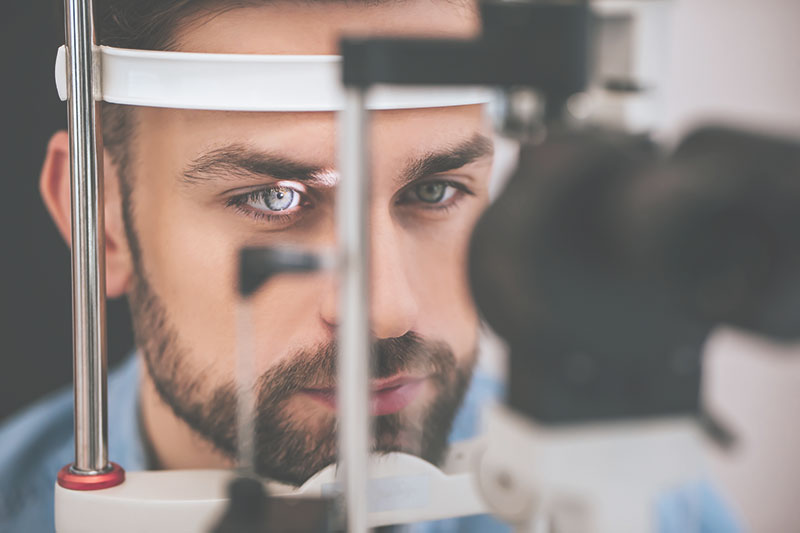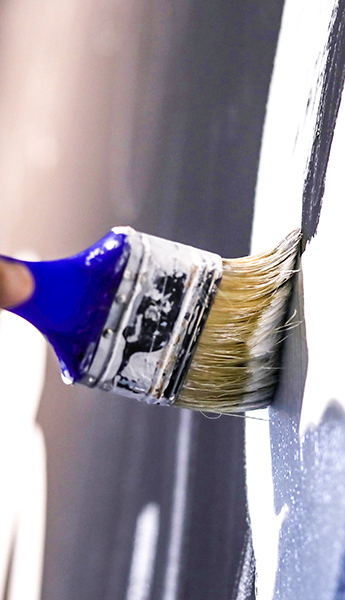World Glaucoma Week
12th March 2020
From 8th to 14th March, it is World Glaucoma Week. Globally, glaucoma is the leading preventable cause of irreversible blindness and by 2040 over 110 million people will have the condition.
Regular eye exams are the best way to prevent against significant glaucoma damage.
What is Glaucoma?
“Glaucoma” originates from the ancient Greek ‘glaukos’ meaning clouded or blue-green haze. Glaucoma is a group of eye diseases that cause progressive damage of the optic nerve at the point where it leaves the eye to carry visual information to the brain. Those at higher risk of glaucoma include people of African descent, people with a family history of glaucoma, people with various conditions (e,g, diabetes, sleep apnea, high or low blood pressure and migraines). You are ten times more likely to be affected by it if you have a parent, brother or sister with glaucoma.
Glaucoma typically affects side vision first (peripheral vision) and as it progresses, central vision is lost.
Preventing eye damage
Glaucoma medications slow the progression of glaucoma by reducing intraocular pressure (IOP) to prevent damage to the optic nerve. Surgical and laser treatments are also available. A regular programme of moderate exercise will benefit your overall health, and moderate exercise such as walking or jogging three or more times every week can lower IOP.
Yoga can also be beneficial to those affected by glaucoma, but it is best to avoid inverted positions such as head and shoulder stands and “doggie down”, as these increase IOP.
Protect your eyes by wearing protective eyewear when engaged in sports activities or home improvement projects. Eye injuries can be devastating and can result in traumatic glaucoma, even decades after the injury.

Early diagnosis
Timely diagnosis and appropriate treatment are key to glaucoma prevention. While there are no known ways to prevent glaucoma, blindness or significant vision loss from glaucoma can be avoided if the disease is recognised and treated early.
Currently, regular eye exams are the best prevention against significant glaucoma damage. Early detection and careful, lifelong treatment can maintain vision in most people. In general, a check for glaucoma should be done:
- before age 40: every two to four years
- from age 40 to age 60: every two to three years
- after age 60: every one to two years
Anyone with high risk factors should be tested every year or two after age 35.
Specsavers & Boots Opticians
Take a trip to Specsavers or Boots Opticians in Garden Square and arrange an eyesight test. The team can thoroughly investigate your eye health and offer advice accordingly.
Customer Alan Murphy was just 37 when his trip to Specsavers found the early stages of glaucoma. Thanks to early detection, his condition is now carefully managed using eye drops. Alan says: “I would strongly urge people to go for regular eye tests and to make the most of the advice and support provided by their local optician.”



